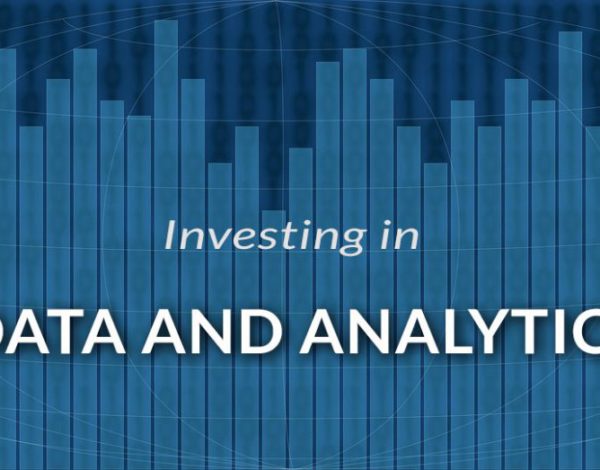Most organizations have tried to turn their data into valuable insights and become data driven. We see varying degrees of success.
Some are even using various types of data like pictures, videos, tweets,…or IoT data in order to provide the right insights.
Thanks to the use of an increasing number of data sources and advanced analytics, more and more organizations have been able to forecast events and behaviour.
Then, Why was this crisis unpredicted? Are we still not data driven?
With so much data at our disposal and such advanced analytics available, many wonder why the brightest minds were unable to predict the current crisis. It would have made sense that with so much knowledge, models, and predictions, there had been more indications of what was to come and its impact.
Despite that thought process, it was probably impossible to predict this crisis. Even more so – there will be plenty of future events and crises we will be unable to predict. Unexpected events like crisis typically lack the relevant (historical) data to analyze and let us know what is coming.
Insights are not enough – We need flexibility as well.
Typically, organizations spend a lot of time and effort into obtaining the right insights. Your organization might have spent days or weeks trying to figure out how this crisis will impact your customers, supply chain, sales, staff, financial situation, market share, and more. But being data driven is not only about obtaining data.
Even though most organizations have the basic tools needed to collect and analyze data – some major questions remain:
- What additional insights are necessary to understand and predict the impact of a crisis and future behaviour of customer?
- Which metrics and data will provide those insights?
- Do we have the necessary data? If so, in which sources does it reside, and is it quality data?
Being able to answer the questions above requires sufficient understanding of your data, it’s use and availability (data flexibility).
Organizations in search of new insights, however the face similar challenges to become data driven.
These challenges include:
- Varying views on which insights certain metrics should provide.
- Different teams:
- using different calculations for the metrics.
- relying on different data sources.
- facing varying data quality levels.
- Inability to combine or integrate data.
As a result of these challenges, management often has to choose which team they trust the most and make decisions based on their data and insights.
Not all organizations face these challenges.
An increasing number of organizations have invested into understanding the use, meaning, and origin of their data. They have put similar effort into understanding metrics, such as the variables and the data used.
Furthermore these organizations have appointed people in charge of their data, giving them the responsibility of making sure data is understood, available and of the right quality at all times so they can be a data driven organization.
In other words – these organizations have applied data governance, and some went even further – implementing data intelligence.
A data driven strategy delivers flexibility and faster decision-making for organizations
Data governance allows organizations to understand, manage and value all of their data, insights and metrics.
Understanding which data is valuable during a crisis:
- increases both the quality and time to insight
- provides the flexibility of coming up with creative and innovative solutions
- helps discover new opportunities and business models
- facilitates operational efficiency
Conclusion:
A key enabler to get your organization through this and future crisis, as well as making it more resilient in a post-crisis world is to understand your data and it’s potential, by applying a data driven strategy.
Data Trust Associates (DTA) helps organizations apply their data driven strategy.
We are equipped and eager to reduce the time your organization takes to achieve the right insights.At the same time – by applying a data driven strategy – we can increase your organizations flexibility both in times of crisis as in day-to-day business.
To support your organization in times of crisis we therefore temporarily offer our lean assessment – free of charge – providing you insights into where and how data can help your organization.
Contact our Data Trust Associates team to learn more about our offerings, including data governance, and how they can provide your organization with the flexibility you need to navigate through the current crisis.
Contact us at info@datatrustassociates.com
Or via our website




